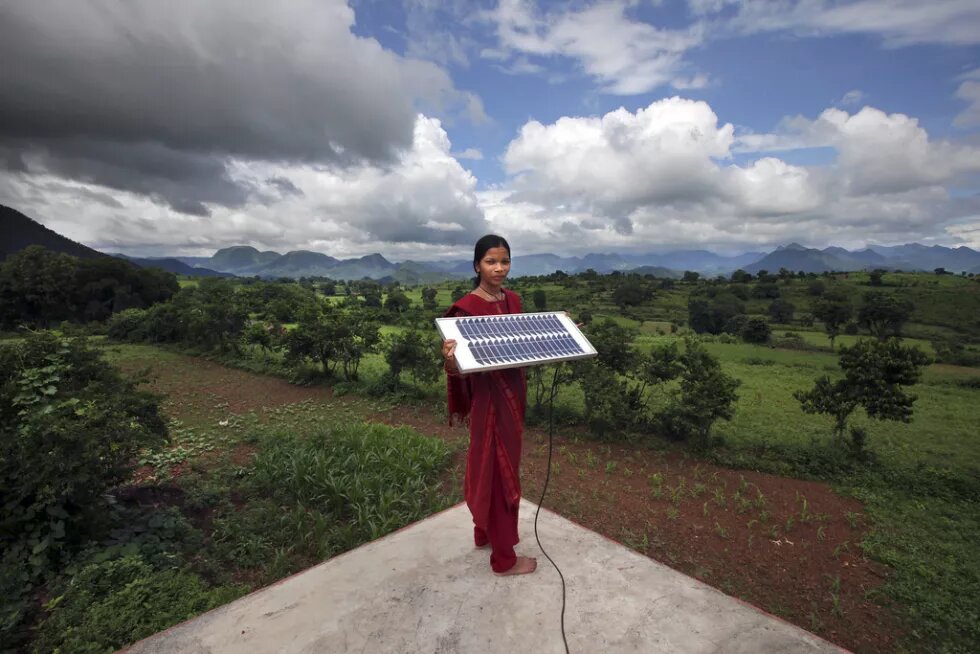
At COP20, parties adopted the Lima Work Programme on Gender, which aims to advance implementation of existing gender mandates across all areas of the climate negotiations. Parties and observers are encouraged to actively engage in the development of the two year work programme on gender, including, submitting views on the matters to be addressed at an in-session workshop on gender-responsive climate policy related to mitigation action and technology development and transfer. The workshop is scheduled during the forty-second session of the Subsidiary Body for Implementation (June 2015).
This submission by the Heinrich Böll Stiftung North America and the Women’s Environment and Development Organization (WEDO) to the UNFCCC Secretariat proposes the scope, potential outcomes and information to be covered during the in-session workshop at SBI 42 in June, 2015, with a particular focus on recommendations for enhancing means of implementation for gender-responsive mitigation action and technology development. It recommends strengthened institutional coordination and the provision of gender-responsive finance, especially through the Financial Mechanism of the UNFCCC.
In order to bring about a paradigm shift towards low-emission and climate resilient development pathways, globally and in individual countries, all climate change mitigation and adaptation actions need to also pursue broader environmental, social, economic, and development benefits in a gender-responsive way. Assessing and addressing the implications that any planned actions (policies, programs and projects) have on women and men so that they can benefit equally and existing inequality is not perpetuated is an important strategy to make adaptation and mitigation projects and programs – irrespective of scale – more effective and to create multi-win scenarios within and across sectors. Such multi-win solutions could be defined as interventions that provide measurable direct climate results (GHG emissions reduced and avoided or improved resilience and increased adaptive capacity), but in addition also several of the following: economic benefits and livelihood support for targeted beneficiaries with a view to poverty alleviation; ecosystem or biodiversity protection in line with traditional access or usage rights; improved capacity, access to information, participation and decision-making by local stakeholders; and improvements toward gender equality.
This applies of course to climate areas and sectors traditionally considered more gender-relevant (such as adaptation interventions focusing on food security, health, or disaster risk reduction). Gender mainstreaming is equally important – although often neglected – in mitigation-focused interventions for example in sectors such as energy, infrastructure or transportation and with respect to the gender-equal access to and deployment of safe, appropriate, environmentally, economically and socially sound technology.
Click here for the HBF-WEDO submission (PDF, 7 pages).


